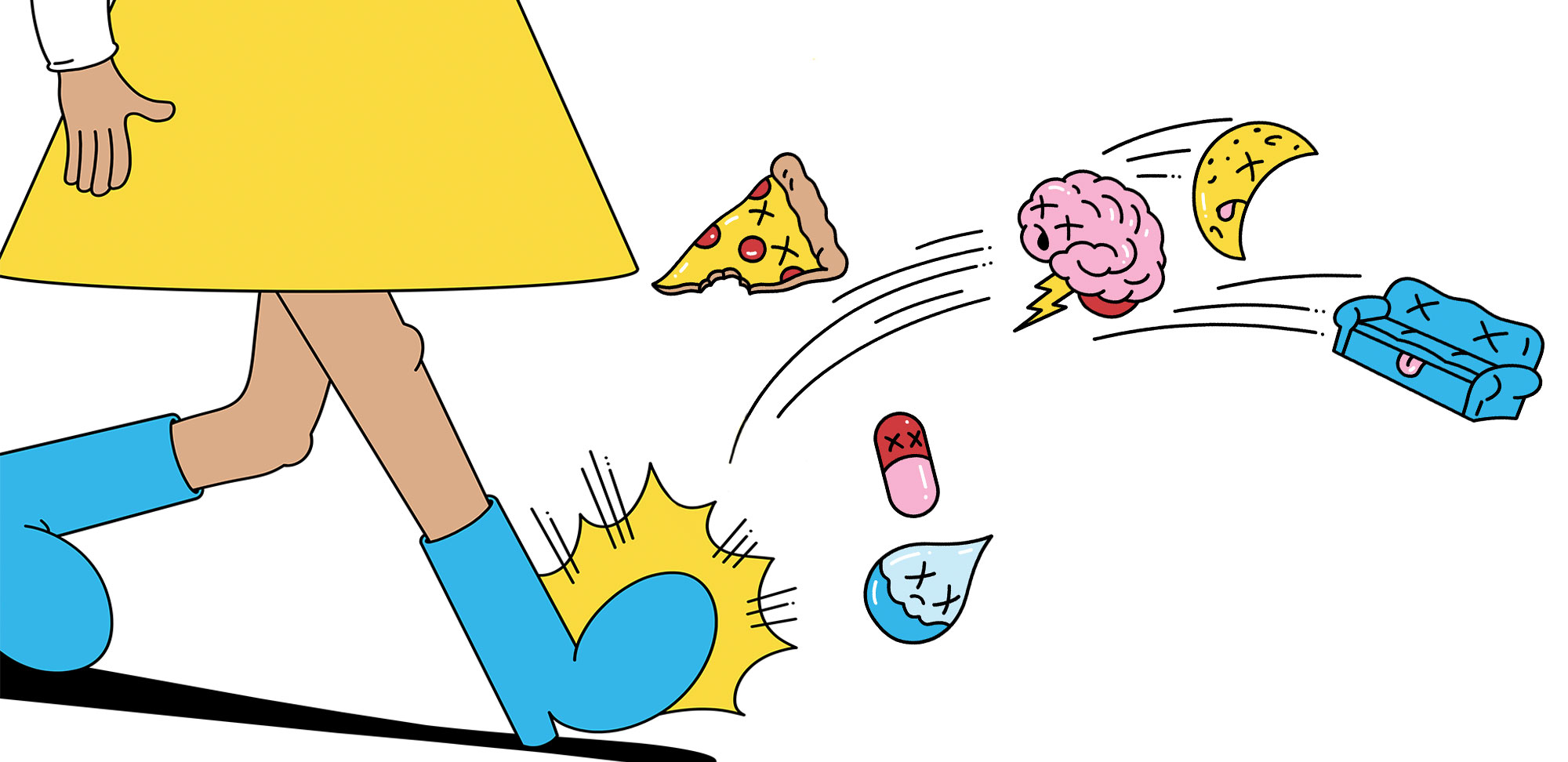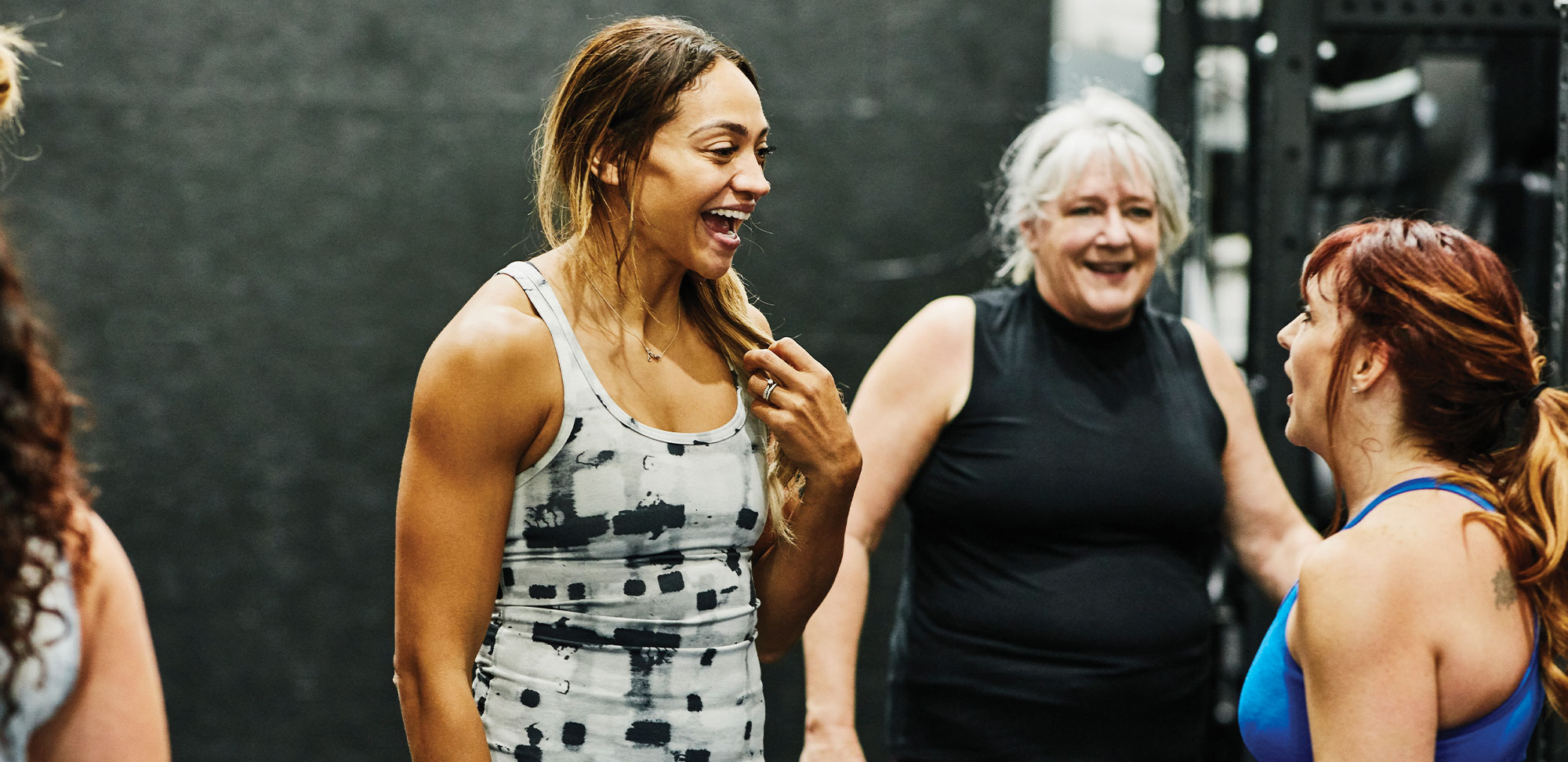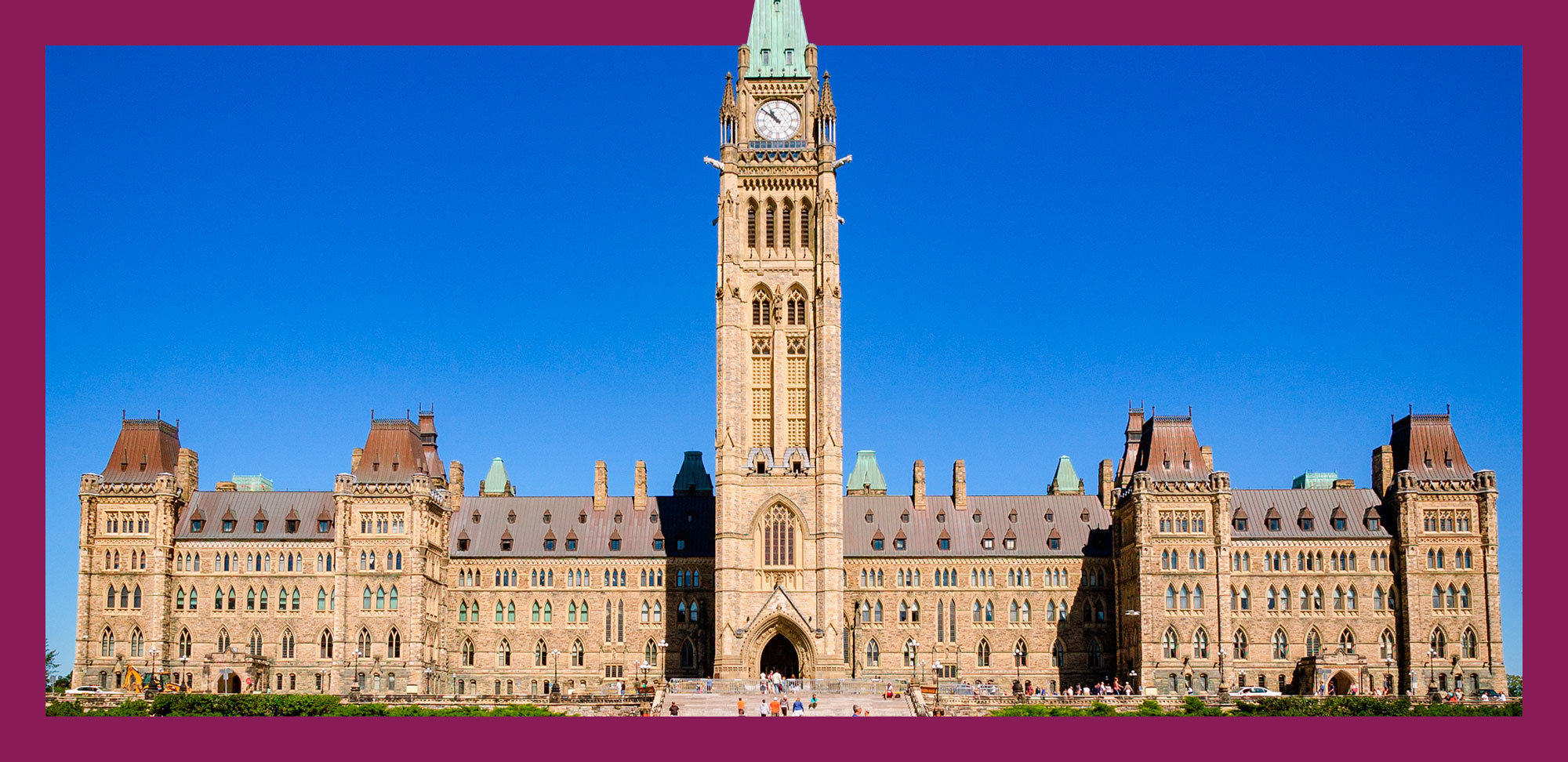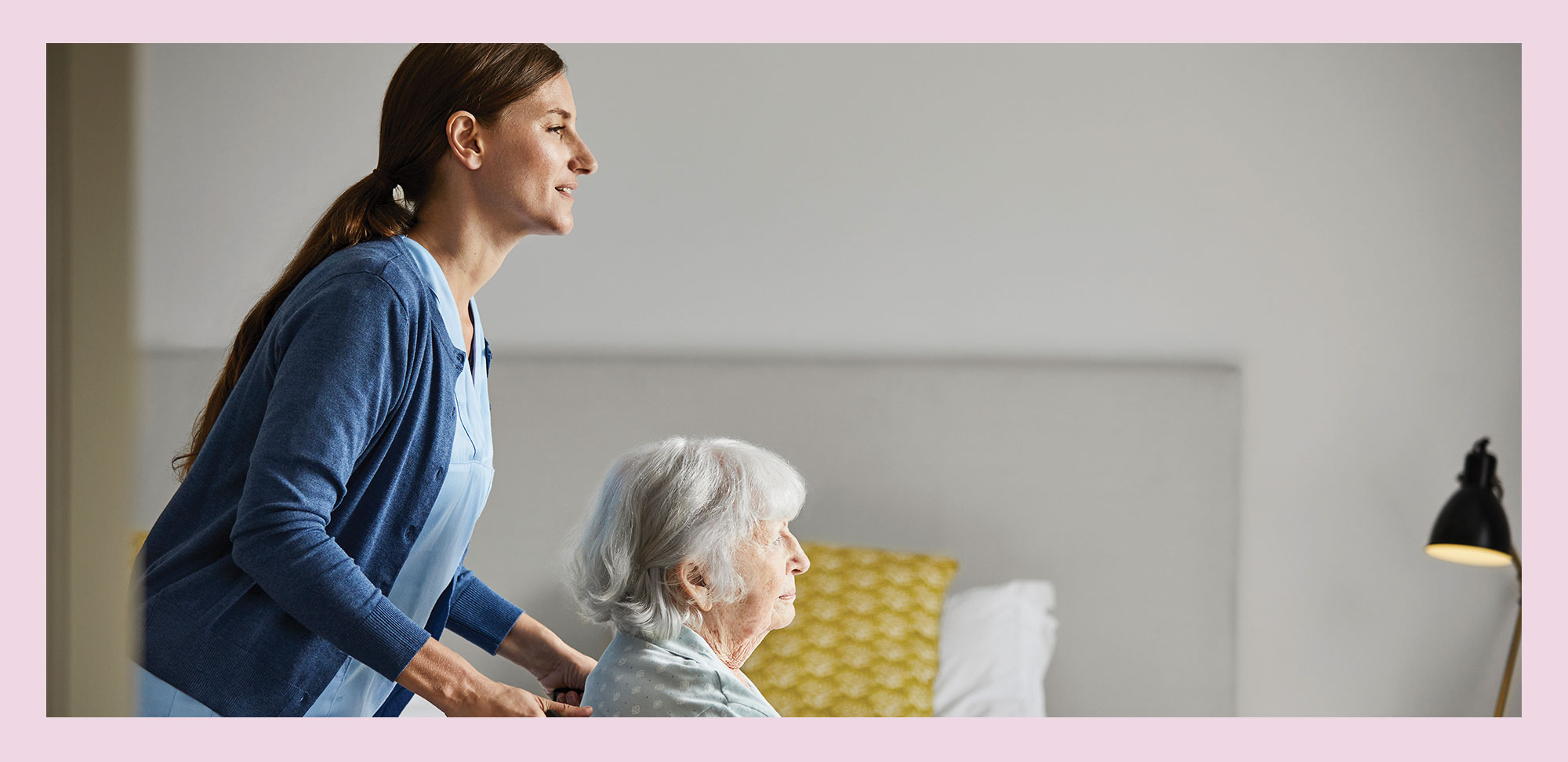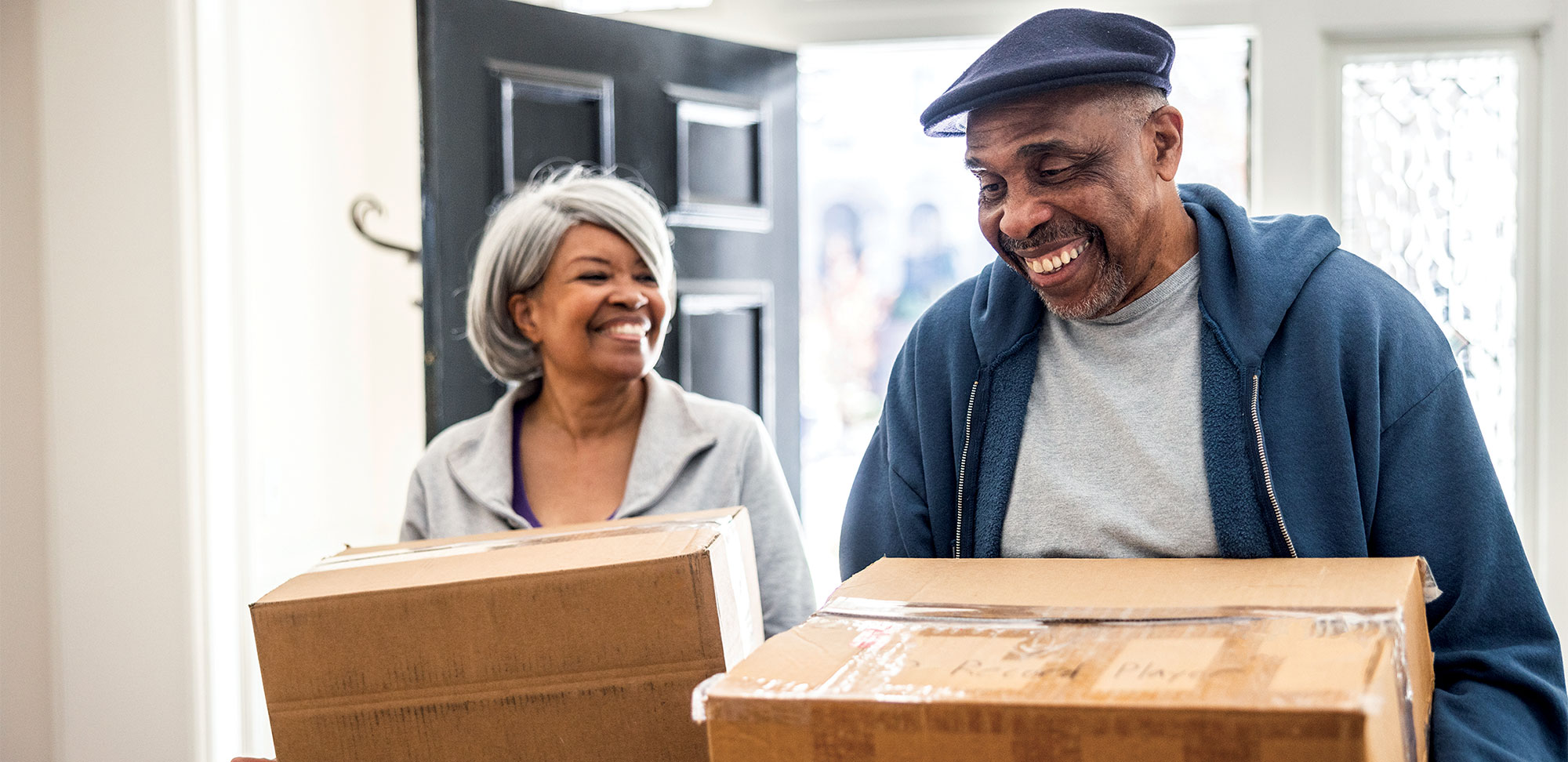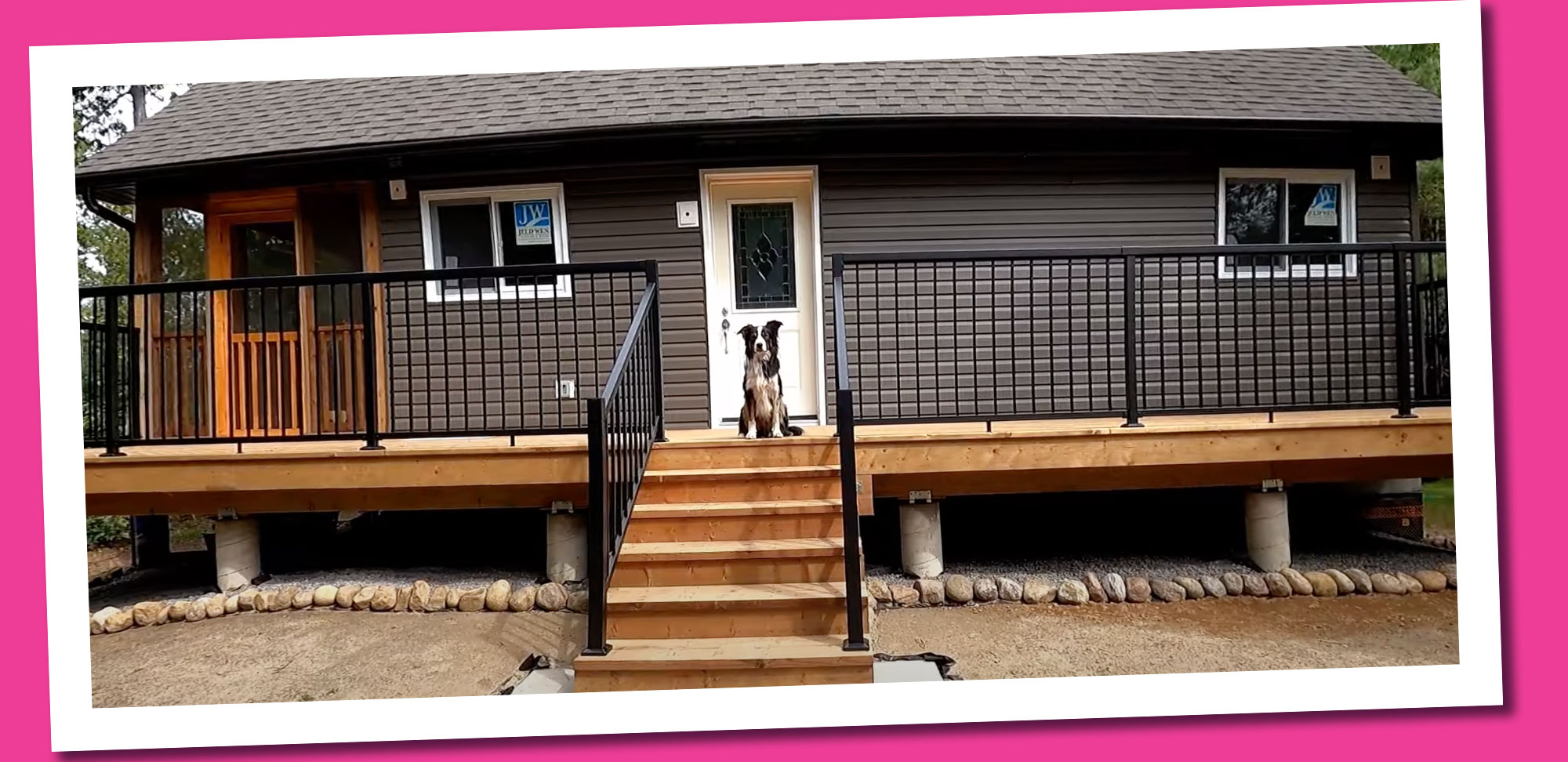Humans are naturally social creatures. In fact, meaningful connections and relationships can help us live longer, happier lives.
Pre-pandemic, social isolation was the number 1 issue facing adults over 50, affecting the mental and physical health of one in five seniors. COVID-19 lockdowns have just made things worse — no visits with the grandkids or family dinners or friends popping by for coffee.
Studies from the U.S. Centers for Disease Control and Prevention show that social isolation significantly increases a person’s risk of premature death and is associated with a 50 per cent increase in dementia risk. When a person has poor social relationships, their risk of heart disease and stroke increases significantly. And loneliness is associated with higher rates of depression, anxiety and suicide.
Social isolation is defined as lacking meaningful relationships, mutually rewarding interactions and personal connections. This differs from loneliness, which is described as a feeling of being alone, regardless of social contact.
The risk of social isolation is further increased for low-income seniors, immigrants, racialized minorities and members of the LGBTQ2I community. The same goes for people who have multiple chronic health problems, such as decreased mobility and cognitive impairment, and those who are experiencing changing family structures or major life transitions, including retirement.
So what’s the solution? Why not ask older Canadians what they need? Because ageism is inherent in current policies, says Charlene Chu, an assistant professor at the Lawrence S. Bloomberg Faculty of Nursing at the University of Toronto. “Any decisions that are being made need to include older adults,” she adds. “Their voices aren’t included in the policies, decisions and innovations that are targeted toward them.”
Building age-friendly communities that ensure the well-being of residents of all ages should be a priority to combat social isolation. Everyone benefits from better transportation and improved infrastructure, such as parks, where people can engage with one another. “By making things accessible to older adults,” Chu continues, “you make things accessible to everyone, like people who need strollers or wheelchairs.”
Doctors and clinicians can also play a role, assessing at-risk patients and connecting them to community resources for help. Little gestures, such as checking in with isolated friends, family and neighbours, can make a big difference too. “Call them so they can hear your voice, instead of texting them,” suggests Chu. Offering help, even if it’s just getting groceries, can go a long way.
Technology can play a positive role in creating community — older adults can organize a daily morning coffee over Zoom as a way of keeping in touch. And tech options are becoming more accessible, Chu points out. For example, seniors with dexterity issues might benefit from a voice-controlled virtual assistant, like Alexa, to stay connected.
Seniors are the fastest-growing demographic in Canada, but gaps in health care and social policies are creating barriers to their independence and preventing them from fulfilling their essential role in society. “Not everyone will experience racism or sexism,” says Chu, “but everyone will experience ageism.”
“Call them so they can hear your voice, instead of texting them.” -Charlene Chu
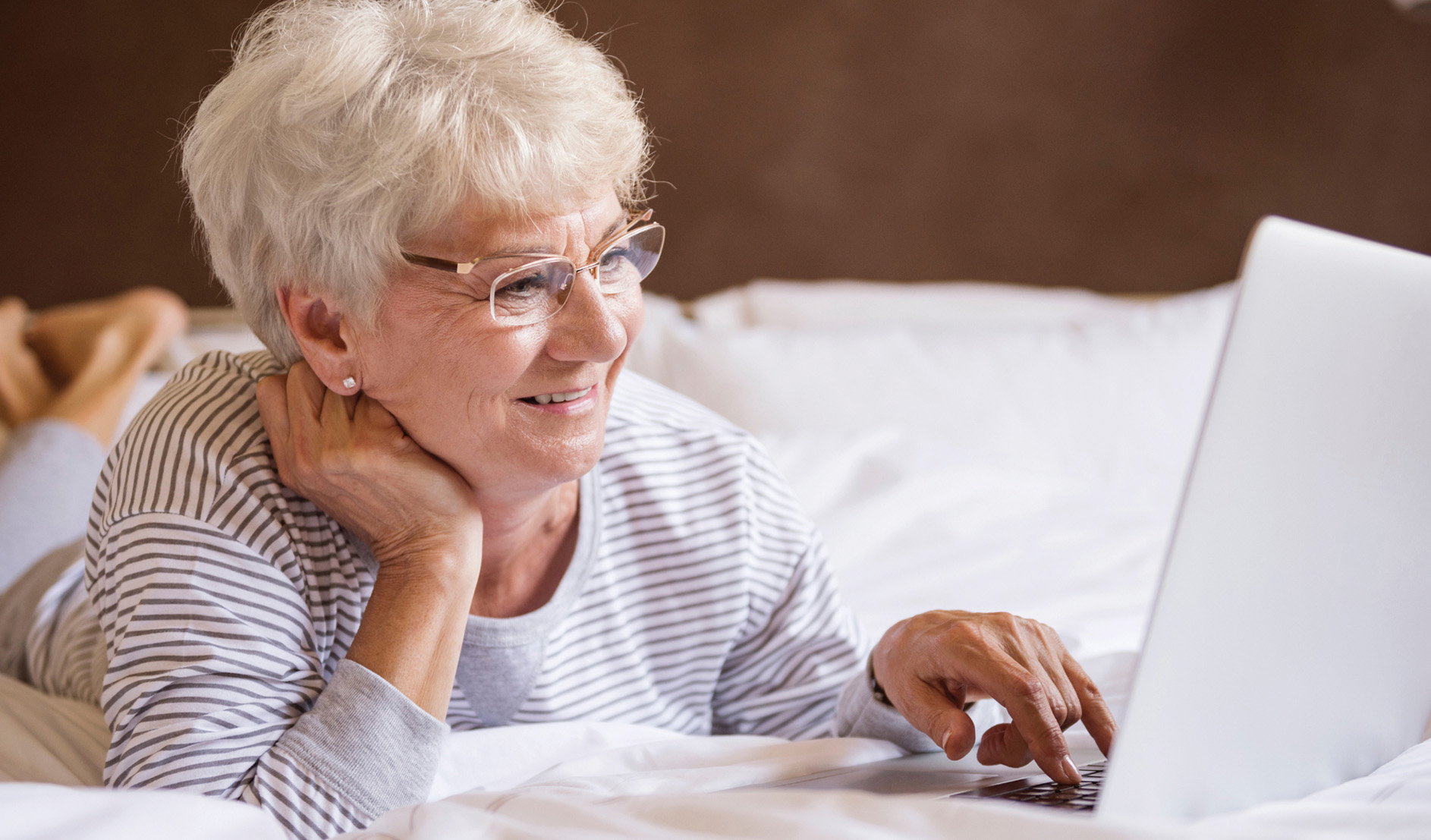
Social Isolation Awareness Month
This campaign, launched in 2018 by the RTOERO Foundation, runs every October. It is a month-long commitment to increasing awareness around the issue and raises $100,000 annually to help fund academic research, organizations and community projects working to address social isolation.
Contributors can sign up for the campaign in September, joining a network of like-minded people working to help keep older adults engaged. Participants receive weekly emails from the foundation with tips for identifying people in their communities who are socially isolated and an action plan for how to help.
In addition to raising research funds, the campaign hopes to encourage people to think about the issue, understand the early signs and step in to help. “Social isolation happens slowly; it creeps up on you,” says Mike Prentice, executive director of the RTOERO Foundation. “The more isolated and lonely you become, the more you lose your social skills. It becomes harder to engage with people and the world when you have the opportunity. By the time you recognize there’s an issue, you’re disconnected from society, friends and family. You’re so deep into it that it’s hard to get out.”
COVID-19 has exacerbated the issue of social isolation, making it harder for everyone — especially seniors — to stay connected to one another. Prentice predicts that statistics on the pandemic’s impact on senior mental and physical health will surface in late 2021 or 2022, showing rising rates of isolation in the community.
Sign up to be part of the foundation’s Social Isolation Awareness Month today at https://bit.ly/2S6wAF6.



